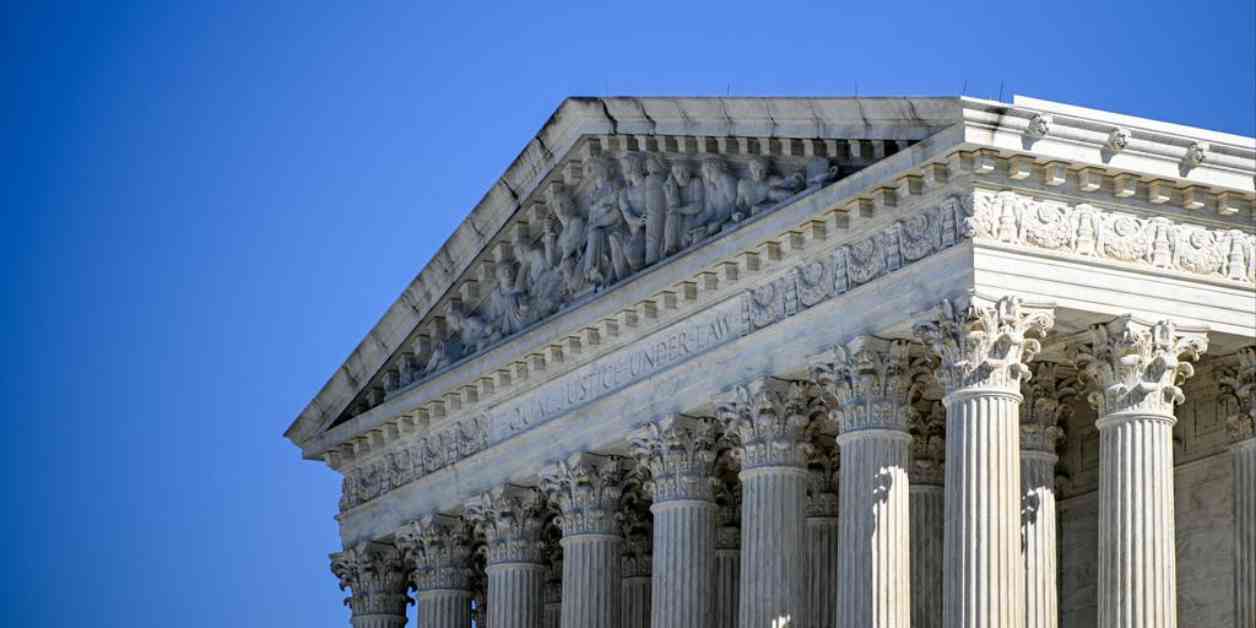Supreme Court Rulings of 2024: A Year of Legal Landmarks
In a year of tense legal battles and high-stakes decisions, the U.S. Supreme Court has made its mark on the American legal landscape with several groundbreaking rulings. These cases, including those that have challenged the Biden administration’s policies, upheld free speech rights on social media platforms, and shaped the limits of presidential immunity, have captured the nation’s attention and set the tone for future legal disputes.
Department of Education v. Louisiana
One of the key cases of the year was the Department of Education v. Louisiana, where the Supreme Court issued a ruling that kept preliminary injunctions in place, preventing the Biden-Harris administration from implementing a new rule that expanded the definition of sex discrimination under Title IX to include sexual orientation and gender identity. The court’s decision highlighted the ongoing debate over LGBTQ rights and the implications of changing longstanding regulations that impact women’s and girls’ athletic programs. The ruling underscored the importance of legal battles over civil rights and equality in education.
Moody v. NetChoice, LLC
Another significant case in 2024 was Moody v. NetChoice, LLC, where the Supreme Court upheld the free speech rights of social media platforms like Facebook, TikTok, and YouTube. The ruling defended the platforms’ ability to regulate content independently, pushing back against government intrusion and addressing concerns over censorship and bias. The decision reflected broader debates over the role of tech companies in shaping public discourse and the protection of online speech in the digital age.
Trump v. United States
The Supreme Court’s ruling in Trump v. United States was a pivotal moment in the legal battles surrounding former President Donald Trump. The court’s decision to grant substantial protection from prosecution to former presidents raised questions about the limits of presidential immunity and the balance of power between the executive branch and the judicial system. The ruling had far-reaching implications for future investigations and prosecutions involving former presidents, setting a precedent for accountability and legal oversight in the highest office in the land.
In conclusion, the Supreme Court’s rulings in 2024 have shaped the legal landscape in profound ways, touching on key issues of civil rights, free speech, presidential authority, and accountability. These landmark decisions have sparked debates, challenged norms, and set the stage for future legal battles that will continue to define the nation’s legal system and shape the course of American democracy.





















